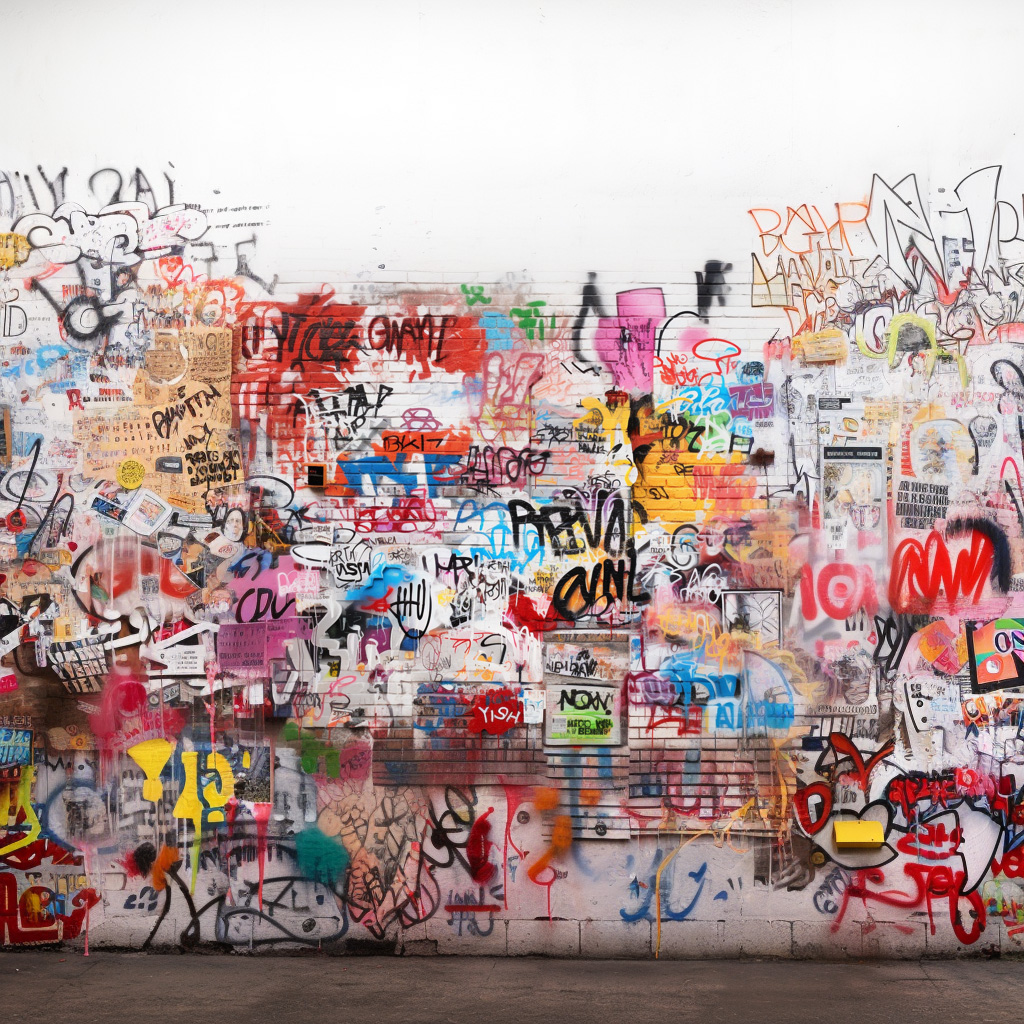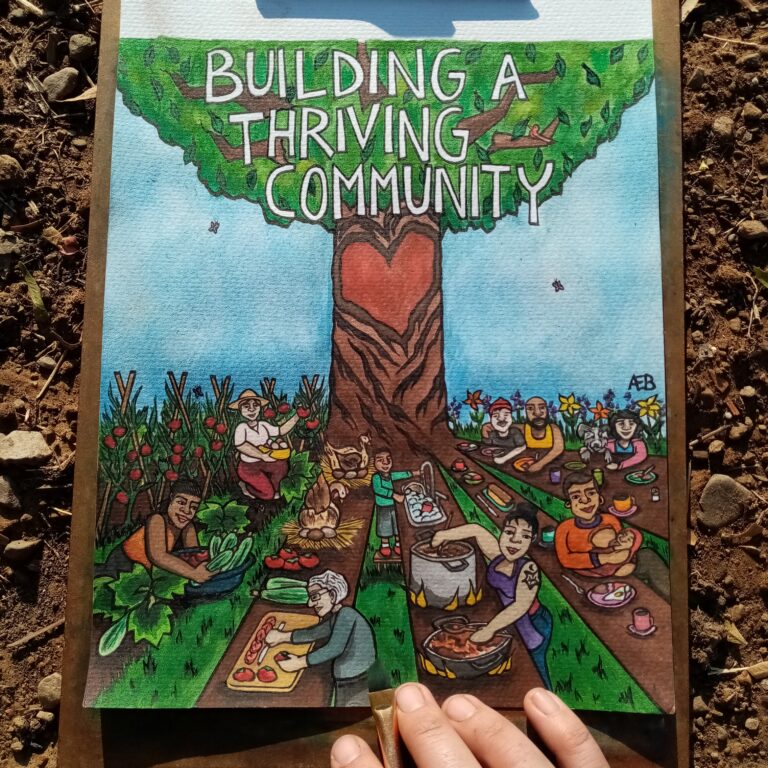Becoming a new fruit and fertilizer
By guest blogger Amy Nee
On Ash Wednesday in 2012 I heard:
“Behold, I am doing a new thing; now it springs forth, do you not perceive it?” – Isaiah 43:19
Last year, when I heard these words at the start of Lent I felt as though God was proclaiming them directly to me. Holding them in contemplation, I was met with another word: compost. At first I took it as an intrusive thought, but soon found it to be my mantra for Lent.
As I looked forward to what was new, I felt encouraged to see what had come before as compost. Not as garbage, but as something that was good and that will continue to be good, so long as it is put in its appropriate place. Like fruit in its season that is good to be eaten fresh, but will grow rotten if it is kept into the next. Yet, it will continue to be good and nurturing in a new way if it is returned to the earth. It will feed and inform what is to come.This year, what I pray for in Lent is a me that is also always changing. Not in a way that is fickle, but flexible –a tree that remains rooted even while transforming with the season. A me that is fresh, that is able to receive and to hold all the good that is bewilderingly and beautifully so continually poured into me.
A prayer book that was given to me says “Lent invites us to get back to the basics.” I think it’s a good time to not worry so much about what is new, what may or may not happen, whether or not I will respond skillfully or shabbily and to consider the base that feeds my responses and ways of being.
The Ash Wednesday reading this year is from the prophet Joel. God asks, “Return to me, with all your heart.” – Joel 2:12
I think of repentance as a turning and as a returning – not unlike how the seasons are always turning and returning to what was before but in a new way that is particular to the present. And I think too about how much I have drifted into trying to resolve my struggles through analyses, through making a project of myself, through creating unfair expectations that other people or places in my life meet my needs and desires.
The Gospels help me know the basics. I must love my neighbor and I must serve others as directed in Matthew 25 – the Works of Mercy. Whatever else changes, these remain. And I can choose to remain with them. They are very particular, specific actions that can be practiced anywhere, with anyone. Both practical and impossible, they reveal principles I can practice whatever my surroundings. They also show principles I can use to measure new practices I’m invited into, so long as I continue revolving back toward the center, returning to God in prayer and practice. I daresay the basics are enough to keep me busy, to be both the fruit of and fertilizer for a sacred life!
And with all this in mind, I offer a reading from Rumi (a 13th-century Persian, poet, jurist, theologian and Sufi mystic):
The One Thing You Must Do
There is one thing in this world which you must never forget to do. If you forget everything else and not this, there is nothing to worry about, but if you remember everything else and forget this, then you will have done nothing in your life.
It is as if a king has sent you to some country to do a task, and you perform a hundred other services, but not the one he sent you to do. So human beings come to this world to do particular work. That work is the purpose, and each is specific to the person. If you don’t do it, it’s as though a knife of the finest tempering were nailed into a wall to hang things on. For a penny an iron nail could be bought to serve for that.
Remember the deep root of your being, the presence of your lord. Give your life to the one who already owns your breath and your moments. If you don’t, you will be like the one who takes a precious dagger and hammers it into his kitchen wall for a peg to hold his dipper gourd. You will be wasting valuable keenness and foolishly ignoring your dignity and your purpose.





One Comment